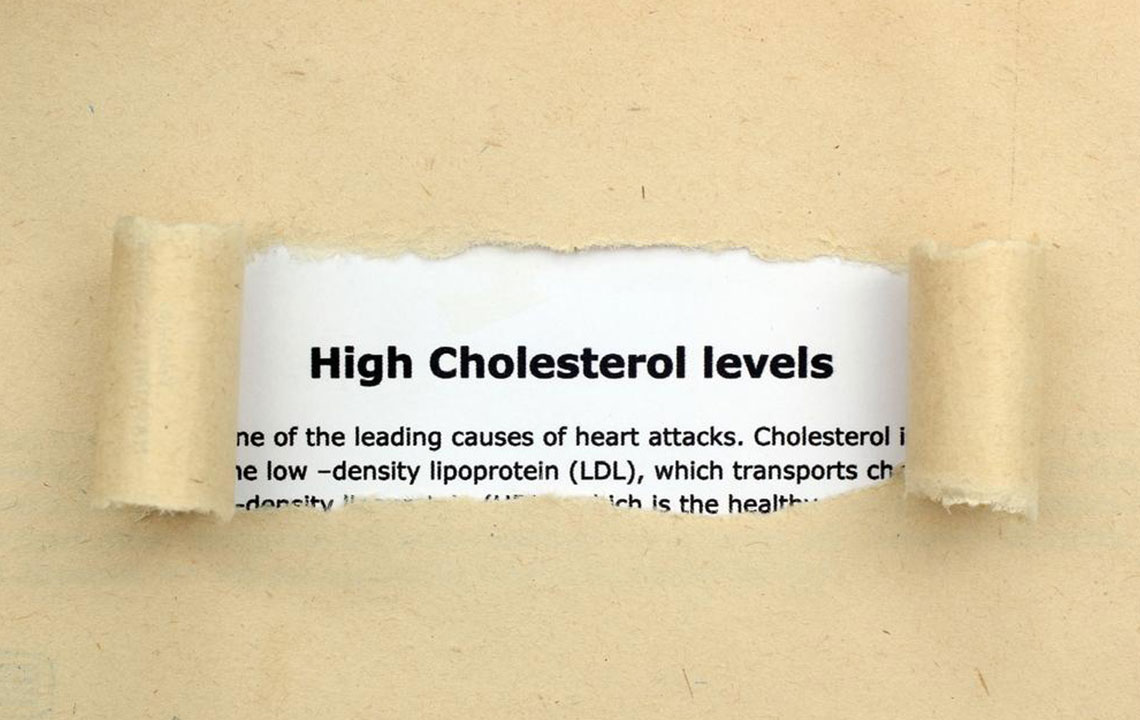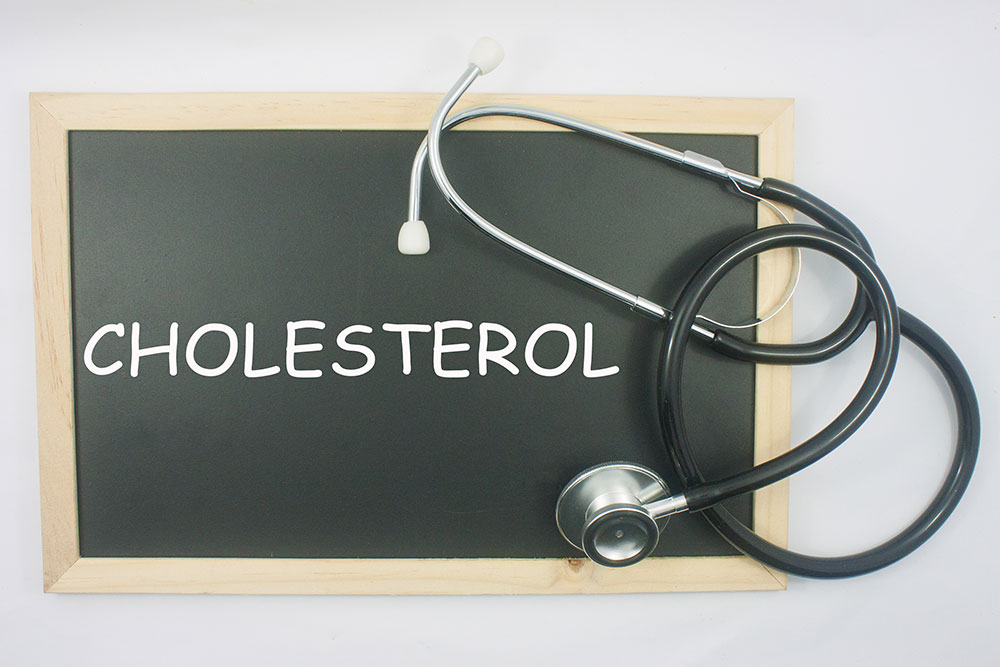Understanding Cholesterol: Essential Insights for Heart Health
This article provides comprehensive insights into cholesterol, covering its functions, risks of high levels, and effective management strategies. Emphasizing the importance of regular screening, diet, exercise, and medical treatment, it aims to promote heart health awareness among adults and children. Practical tips for maintaining balanced cholesterol levels are highlighted to help prevent heart disease and improve overall well-being.

Cholesterol plays a vital role in maintaining cellular integrity, hormone production, and digestion by forming bile acids and vitamin D. It is naturally produced by the liver. Women, in particular, tend to have higher levels of bad cholesterol, often due to weight gain around the abdomen. Approximately one in six adults has elevated bad cholesterol, with increasing concerns among children due to rising obesity rates. While some cholesterol is necessary, excess bad cholesterol can clog arteries, increasing the risk of heart disease.
Maintaining optimal heart health requires keeping cholesterol levels below 200 mg/dL. Regular screening every five years helps monitor these levels. Cholesterol is transported via LDL (bad cholesterol) and HDL (good cholesterol), with the balance crucial for health. Lifestyle choices significantly influence these levels. Excess LDL deposits in arterial walls, leading to narrowing—known as atherosclerosis—and raising the risk of cardiovascular issues.
High LDL levels can cause dangerous blockages, while HDL works to transport cholesterol back to the liver, reducing arterial buildup. A third form, vLDL, also impacts cardiovascular health but is less commonly measured. Women and children with a family history of high cholesterol should have regular tests from age 20. Factors like smoking, genetics, age, and physical activity influence cholesterol levels. Daily exercise and healthy diet modifications, like the TLC diet low in saturated fats, can help manage bad cholesterol levels. In some cases, medication and lifestyle changes are necessary to lower heart disease risk.
Disclaimer: Our blog offers broad informational content based on research, but readers should consult healthcare professionals for personalized advice. The site isn't responsible for inaccuracies or differences across platforms. The content should not replace medical consultation, and readers should explore additional health options available in their region.










